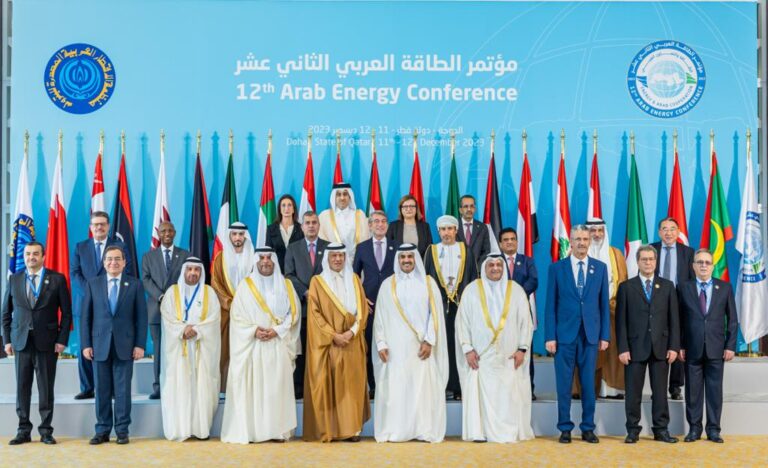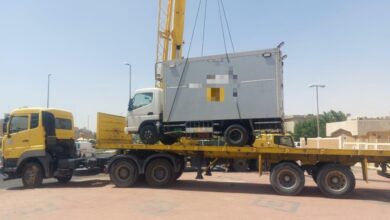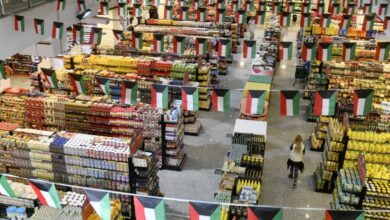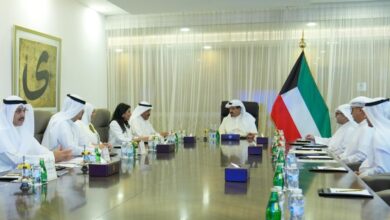
The 12th Arab Energy Conference, organized by the Organization of Arab Petroleum Exporting Countries (OAPEC) in Doha over the past two days, recommended tapping into the carbon resources of the member states while protecting the environment.
The energy ministers of the OAPEC member states agreed on a final communique on Tuesday which outlined steps for leveraging the clean energy to reduce carbon dioxide CO2 emissions in a bid to reach carbon neutral emissions by 2050.
They highlighted the need of integrating the efforts to develop the energy sector, protect the environment and achieve sustainable development into the developmental policies of OAPEC members.
The development plans need to ensure balanced use of natural resources, diversification of the resources of the economy, and prioritizing environment protection, the communique noted.
The conferees agreed to work together for deepening the concept of sustainable development in the oil industry through the acquisition of the latest technologies related to energy efficiency and clean fuels.
Regarding fossil fuel, they affirmed it would continue to be the main source of energy for decades despite the ongoing efforts to promote renewable energies, according to the communique.
The ministers called for increasing investment in the oil and gas industry to avoid possible instability in the energy market and prioritizing the role of nuclear energy, as one of the clear reliable energies, in the national strategies of the OAPEC member states.
They also asserted the importance of upgrading and increasing the efficacies of the oil refineries as an initial step towards the production of environment-friendly oil by-products.
They called for expanding the production of hydrogen to build a more competitive economies, and strengthening cooperation among the petrochemical companies of the OAPEC member states.
The conference recommended drawing the energy policy in a way that could ensure rationalization of consumption and diversification of the sources of energy without affecting the economic development policies.
It underscored the role of strategic partnerships among the government and private sector companies as a main catalyst for economic development based on carbon cycling.
It also highlighted the need of employing the latest technologies and applications of the fourth industrial revolution, including artificial intelligence, to increase the operating capacity of the oil and gas sector.
Kuwait’s Deputy Prime Minister, Minister of Oil and Minister of State for Economic and Investment Affairs Dr. Saad Al-Barrak took part in the two-day conference, chaired by Qatari Minister of State for Energy Affairs, and Managing Director and CEO of Qatar Energy Eng. Saad bin Sherida Al Kaabi, with OPEC’s Secretary-General Haitham Al-Ghais attending.
The Kingdom of Saudi Arabia is scheduled to host the 13 OPEC conference in 2027.
Source: KUNA















